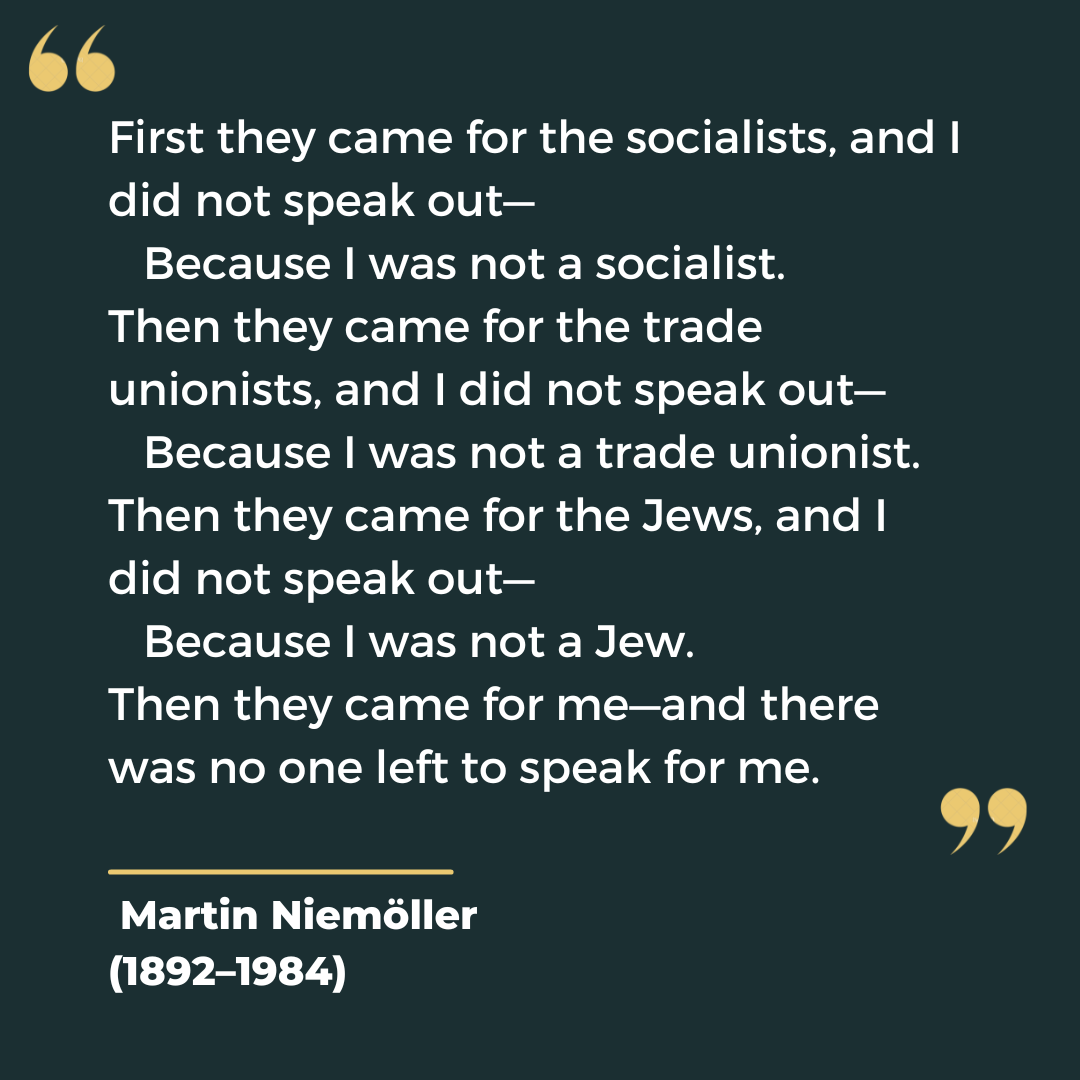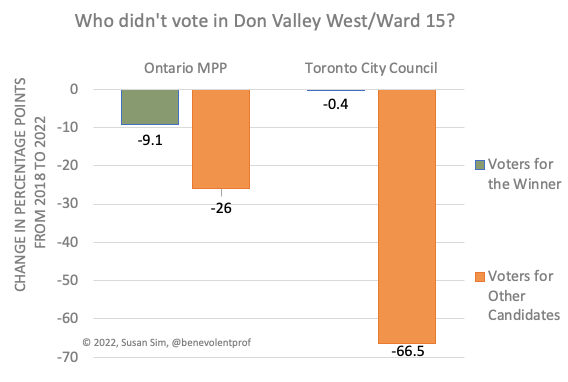Today is Transgender Day of Remembrance. I’ve seen a lot of stories come across my social media feed this week. One of the observations was that if you don’t know any trans people, it’s probably because they don’t feel safe around you. That seems right.
I want to share with you a couple of my experiences in providing safety: one time I got it right and one time I fucked up. I realize that Transgender Day of Remembrance isn’t about me. It’s about those we’ve lost or harmed. As an ally, I’d like to add my voice to the chorus, so there aren’t so many losses.
When I lived in California, I attended a church that was “open and affirming,” which meant that we welcomed lesbian, gay, bisexual, transgender and queer (LGBTQ+) members. We didn’t have a test of faith for membership or even tithing requirements. It was a progressive church and it’s where I learned to protest– against the war in Iraq, for Obamacare, for gay marriage– you name it. It was a comfortable moral and spiritual home for me. It wasn’t perfect, for example, on race issues, but it fed me emotionally and I needed that.
There was a young trans woman in our congregation. She joined before she started transitioning, so there was a before and an after. Let’s call her Chelsea. Her family had disowned her. She worked in a technical field, but the environment wasn’t great. She was on her own.
The church had an annual women’s retreat, where the women of the church went to a camp in the mountains for a weekend. (I don’t really know what the rest of the congregation did while we were gone. I never got to see it.) We sang, prayed, mediated, walked, talked, and ate. There’s an amazing labyrinth on the grounds for moving meditation. It was a lovely time and in two days, it we did feel like we were getting away.
On the Saturday afternoon, we were having a sharing circle. The retreat leader had given us an exercise and we were discussing our responses. Honestly, I don’t even remember the activity. We were nearly done the session when Chelsea started to cry. It started quietly, but got to the level of noisy sniffling. No ugly crying.
It was hard to know what to do. Was it something we did or said? None of us were really close to Chelsea. I was easily 10+ years older than her and the rest were even older.
When I get nervous, I tend to get quiet. I went and sat next to Chelsea. I think I touched her on the arm or shoulder. We communicated a lot with our eyes.
“Happy tears,” she said and I understood. This was her first women’s retreat. She came and she was treated the same as any other participant. The night before, we wore pyjamas together. Nobody questioned whether she should be there. She wasn’t silenced or ignored.
I’m proud of the safety that we provided Chelsea, not just that weekend, but also after. She eventually formed a chosen family with church members. When Chelsea had her gender-affirming surgery, a woman from the retreat went with her. My part in this was tiny and it wasn’t hard. But it meant a lot to someone who had experienced a lot of rejection.
So, let me tell you about a time when I didn’t make it safe for a trans man.
Several years ago in Toronto, I was teaching an undergraduate class in computer science where students had to work in teams. From my own experience, I knew that it was miserable being the only woman in a group. So when I formed groups, I made sure that there were at least two women in each group. Groups with only men were unavoidable and acceptable. To achieve this distribution, I had students fill out a form that asked a bunch of questions, including gender.
When it came time to create this groups, I didn’t have forms for every student. They could have missed the class or just neglected to fill out the form. I sometimes had to check the university database of student records or even LinkedIn. Having pronouns in your profile was not common then, so it wasn’t that helpful.
I had one particular student who answered “male” on the form that I provided. Let’s call him Tom. But in his university record, his sex was “female.” He presented as male on his LinkedIn profile. I placed him in a group as a male.
At the end of the next class, Tom came up to me and asked why I was looking at his LinkedIn profile. He was friendly and not confrontational. I said that I was trying to confirm gender for creating the groups and I was confused by the university records. You can see where this is going.
Tom was taken aback and said that it was a ridiculous mistake on the university records. I commiserated.
Later, he sent me an email. He was trans man. Although he was comfortable with his status, he told me that I should be more careful about outing people. I had a sick feeling in my stomach. He was absolutely right and I apologised.
This was a good lesson for me. I was trying to solve a problem for women and it didn’t even cross my mind how my solution would scale to transgender individuals. I think if I were doing this again, I’d be more explicit about my intentions to handle inequality and get students to help me arrive at the solution. It’s patronizing and infantilizing to do otherwise.
The second occasion happened after the first, so it’s not like I didn’t know what good looked like.
On this Transgender Day of Remembrance, I’m thinking of you, Chelsea, Tom, Tami, Hunter, Alex, Veronika, and June. Thanks for the lessons that you taught me and are teaching me about how to be a better person. I’ll still get things wrong, like pronouns and anti-oppression, but you have my support.
It’s a process and here’s what I commit to do. Be humble. Educate myself. Listen. Do my best. Expect to get things wrong. Ask for forgiveness. Accept feedback.






